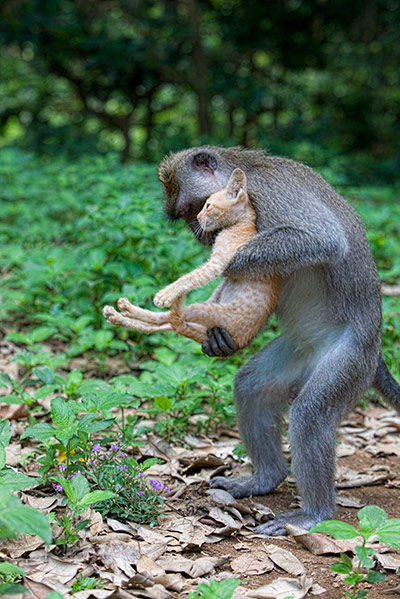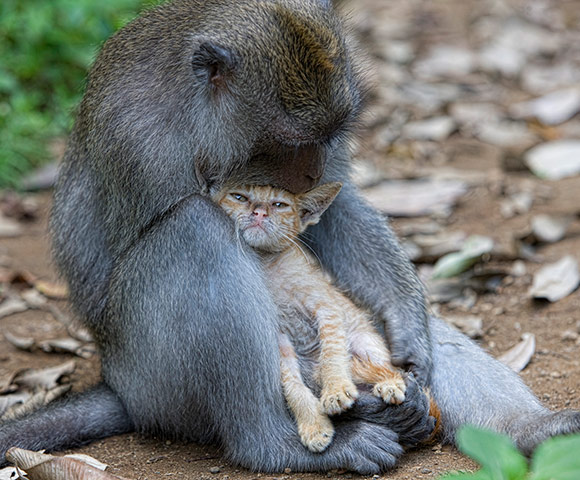Thursday, September 30, 2010
Possibly the Worst
Tuesday, September 28, 2010
Book Review: "His Illegal Self" by Peter Carey
Here’s another “adult forms meaningful relationship with kid not his/her own” story, but one vastly different from “About a Boy” in focus and intent. I didn’t read this book as “research” but rather found it on the library’s scant audiobooks shelf and thought it sounded interesting. Little did I know, I was wading back into Zorro territory, if only slightly.
“His Illegal Self” is the story of 7 year old “Che”, the child of 70’s underground radicals, raised by his WASPy grandmother on a ritzy upstate New York estate. One day, a woman who Che takes to be his infamous and long absent mother shows up and absconds with him. At first Che is eager to join his notorious parents on the run, but the woman is not who he thinks she is, and the two end up in the Australian rain forest in a sort of subsistence level hippy commune.
This is the first of Peter Carey’s books I’ve read and I found the writing stunning. Descriptions of the Australian jungles and beaches are achingly beautiful, so lush and tactile I felt as if I knew these place down to the bones. The characters are interesting—though they take some time to know and understand. Perhaps this is intentional on Carey's part-- our initial impressions as confused as Che's as he sorts out the truth of his situation. It's a complex sort of truth, the characters are, in a way, as densely mysterious as the bush.
In fact, the whole book is structured so that the readers’ emotions mirror those of the boy as he sets off hopefully, becomes increasingly confused and frightened, before finally coming into his own sort of understanding.
From a writer’s point of view, I found the meandering plot really interesting. It had a deus ex machina feel to it in places, and was wide ranging and loose ended, but totally engrossing just the same. Some of the subplots seem to lead off into the dense brush and disappear, others are left shadowy, never quite resolve themselves. But the boy’s developing relationship with his unwitting “kidnapper” – and with a feral, paranoid hippie they encounter (Of course, this character sort of stole the show for me)—is complex and so well-depicted, the loose ends hardly mattered.
Carey is an established and well-respected writer. I wonder if a debut author would have been granted the space to be this sort of sloppy with the plot. Probably not. But I'm glad he was able to; "His Illegal Self" would have been a different book if he'd been forced to hack this wild and fertile jungle into neat little garden row plot strands.
Has anyone else read this one? Comments?
Thursday, September 23, 2010
Seasons in the Sun!
Saturday, September 18, 2010
An Unknown Current





Tuesday, September 14, 2010
Then and Now: Michael Martin Murphey
Sunday, September 12, 2010
Heightened Tension, Lost Ambiguity?



Tuesday, September 7, 2010
One-Sentence Wonderful


"Roger “Zorro” Weitz has it pretty good, slumming off the scant profits from Hate You (Gonna Eat Cheese), a hit second only to Muskrat Love in the cornball-rich scene of 1976. But when a near-death experience leads him to a rare moment of introspection, Zorro decides to make a more tangible impact on the world. Believing “cool” is about all he has to offer, Zorro commits to helping his girlfriend Carla’s timid, obese daughter find the attitude and style that could bring about her own hip transformation… even if it means going behind Carla’s back to do it.
Eleven year old Dawn, a budding zoologist and certified genius, is puzzled by Zorro’s sudden attention but intrigued by his mention of a band mate’s long-abandoned gibbon. While she makes no progress whatsoever in “cool” she does learn a thing or two about blackmail, and before he knows it, Zorro is involved in a vaguely illegal rescue attempt, a slow-speed car chase and—most unexpected of all— he’s actually starting to care for the kid.
Readers of Tom Perrotta and Nick Hornby will enjoy Family, Genius, Species, a sort of reverse Pygmalion, replete with cheesy music references, a lesser ape, and a lot of heart. The book is 90,000 words and ready for perusal."
(I've left off the chummy and agent specific greeting and short bio as the crux of the matter is this middle part.)
Any ideas?
Saturday, September 4, 2010
Looking Glass: Then and... Well, Just Then
Friday, September 3, 2010
Unknowable

 *
*
